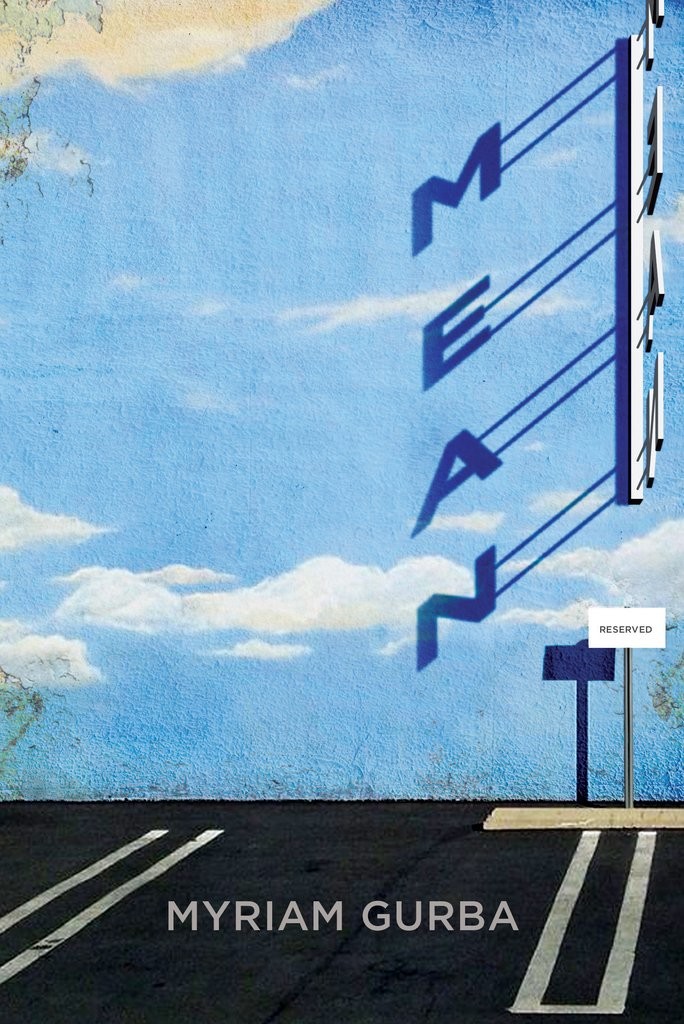Gurba: It felt incredibly important to tell her story because nobody cared. She would frequently be referred to as "the transient who was bludgeoned to death in Oakley Park." That's her legacy, and it became glaringly disgusting to me when the Michael Jackson trial was occurring. His trial happened in Santa Maria at the same courthouse where Tommy Martinez was brought to trial for murdering Sophia Torres and attacking a number of local women, including myself. There was minimal concern for her death. The Jackson case drew international attention and it made me incredibly sad that this woman had such a difficult life from birth. And then [she] endured such a degrading, humiliating death, and that even in death, she was still nobody. In some ways I wanted to make her somebody, at least in death.
Do you see writing about your assault as a way to take back power or be able to tell your side of the story?
Gurba: Not necessarily. I don't treat writing as something that's particularly cathartic. In fact, it was really painful and really difficult and I think I actually retraumatized myself at times, because I had to visit certain legal documents that detailed the murder of Sophia Torres. There were details that I did not know about her murder that now live in my memory, that I now have to reconcile and reckon with.
Talk about the title of the book, "Mean." The word can translate into vicious or aggressive. Why did you decide to call the book "Mean"?
Gurba: I like really biting short direct titles. And the book is, in some senses, a celebration of feminine meanness and girlish pettiness and malice. Quite frequently there are anecdotes in the book where girls are engaging in recreational meanness to bond. But in addition to referring to that sort of meanness, I'm also using the word "mean" as a shorthand for cruelty. Because the book is also largely a meditation on the nature of cruelty. And on the impact of cruelty. The book is also a meditation on meaning.
The structure of the book is so interesting, because some of the chapters are just a few words or sentences long. Also the arc of "Mean" doesn't follow a literal timeline.
Gurba: The structure is meant to give just enough chronology to the reader so that they can trace the vestiges of a linear narrative. But the linear narrative has been disrupted by something: violence. In particular, [this is evident] by beginning the book with such a violent story. I don't inform the reader what my connection to this story is and that's intended to reflect the symptoms of PTSD, particularly the intrusive symptoms where one feels as if they're being ambushed by flashbacks and memories. And so that story is intended to sort of serve as a haunting.
Your book is coming out right at the time when this #MeToo movement is gaining steam. How do you feel about the fact that some people are connecting your book with that movement?
Gurba: I have very mixed feelings about those connections. On the one hand, I understand why those connections would be drawn because my book focuses largely on misogny and it focuses quite a bit on sexual abuse and sexual violence. However, much of the violence that I describe in the book stands apart from #MeToo's interests, in the sense that much of #MeToo is concerned with how to reform existing relationships. For example, workplace relationships between men and women or relationships that occur within the framework of dating. Whereas the violence that I describe in "Mean" is violence that is largely perpetrated by a stranger. And so that sort of stranger violence doesn't necessarily fit into those frameworks. So I think that a different framework is necessary for discussing that particular kind of violence because the quality and the impact of it are different.
What are you working on now?
 In some ways this is also a ghost story and one of the ghosts in this book is Sophia Torres, a farmworker who was attacked and killed. Why was it important to tell her story, too?
In some ways this is also a ghost story and one of the ghosts in this book is Sophia Torres, a farmworker who was attacked and killed. Why was it important to tell her story, too?
